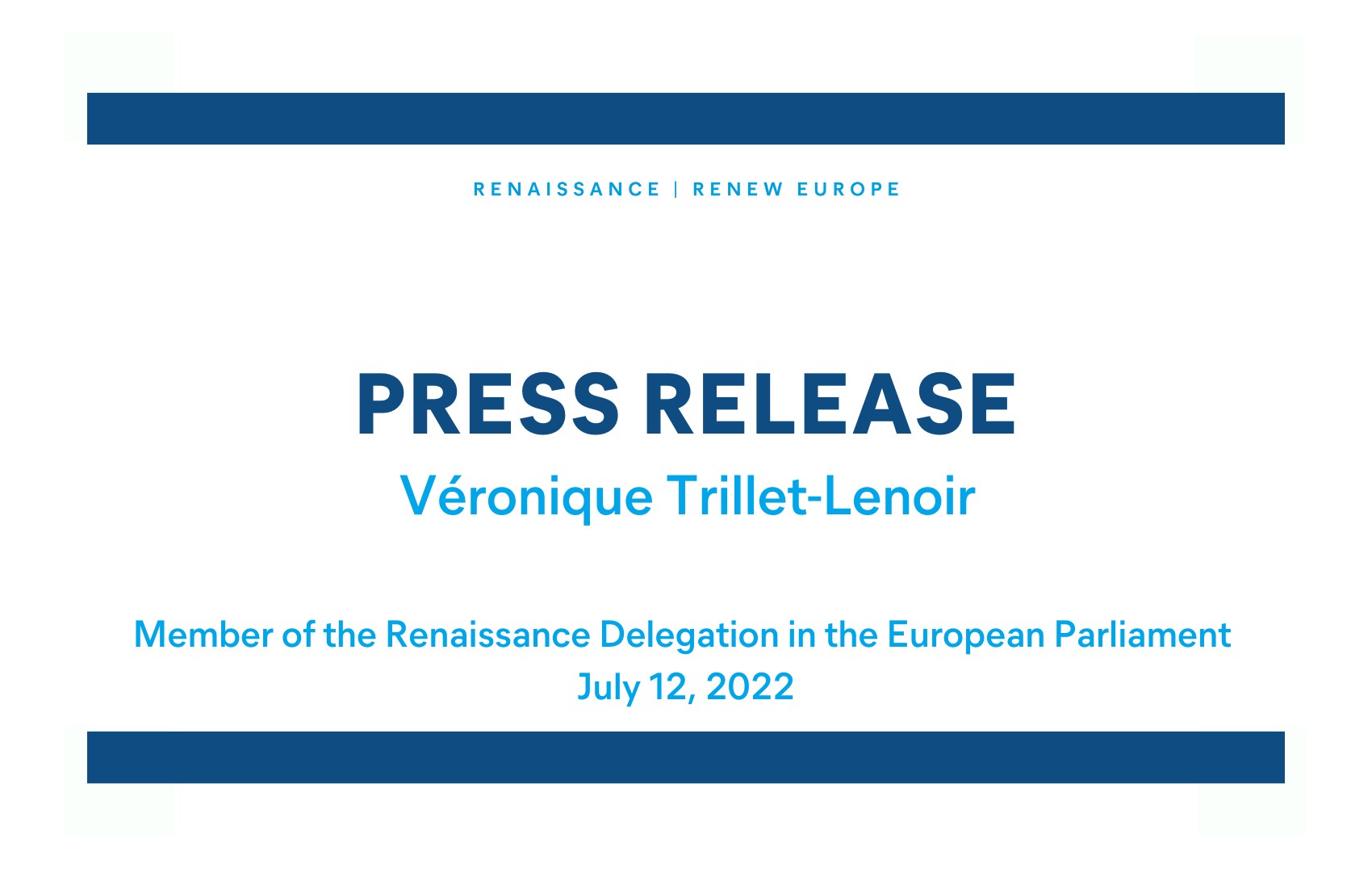Today, MEPs in the Environment, Public Health and Food Safety Committee (ENVI) adopted the trialogue agreement reached on 23 June on the regulation on serious cross-border health threats, for which Véronique Trillet-Lenoir is the European Parliament rapporteur.
This regulation is the political component of the legislative package "Building the European Health Union" and will allow Europe to better anticipate and respond to threats, whether infectious, environmental, food-borne, biological, chemical…
This legislation is a new step for a genuine European Health Union. By strengthening mechanisms of preparation and response to health threats, EU addresses the weaknesses identified at the beginning of the health crisis: lack of anticipation and coordination.
During the negotiations with the Council and the Commission, Véronique Trillet-Lenoir and her negotiating team managed to strengthen the regulation in order to:
- Place prevention at the heart of the fight against health threats, while ensuring that the implementation of this legislation is fully consistent with the "One Health" and "Health in All Policies" approaches. Prevention is better than cure.
- Evaluate the resources and capacities of Member States to anticipate or respond to health crises: full-scale resistance tests, guaranteed access to essential medicines, storage of medical products, mapping of production capacities for medical products, increased visibility of available beds in intensive care units, consideration of mental health, protection of patients with non-communicable diseases.
- Promote independent and inclusive governance through the absence of conflicts of interest of experts, regular consultation of all stakeholders and a stronger involvement of the European Parliament in the bodies of this regulation.
- Clarify procedures for joint procurement of medicines and medical devices by increasing transparency towards the Parliament and European citizens, by underpinning the rules on the content of agreements and introducing the possibility of an exclusivity clause in contracts, thus limiting the establishment of parallel bilateral negotiations on a jointly purchased product at European level.
- Ensure continuity of care and prevent the impact of a health threat on other diseases or conditions, including non-communicable diseases and mental health.
- Ensure coordination between the governance of this regulation and the new European Health Emergency Response and Preparedness Authority (HERA). Excluded from the HERA negotiations, the Parliament finally obtained that in 2024 an evaluation of HERA's operations will be conducted to determine whether this instance should become an independent and separate entity.
“This legislation clearly responds to the 74% of European citizens who want greater European competence in crisis management. The European Health Union is being built step by step. We will continue our project in the framework of the reflection on a future convention on the revision of the European treaties.” Véronique Trillet-Lenoir.
Press contact: claudie.gilot@europarl.europa.eu



